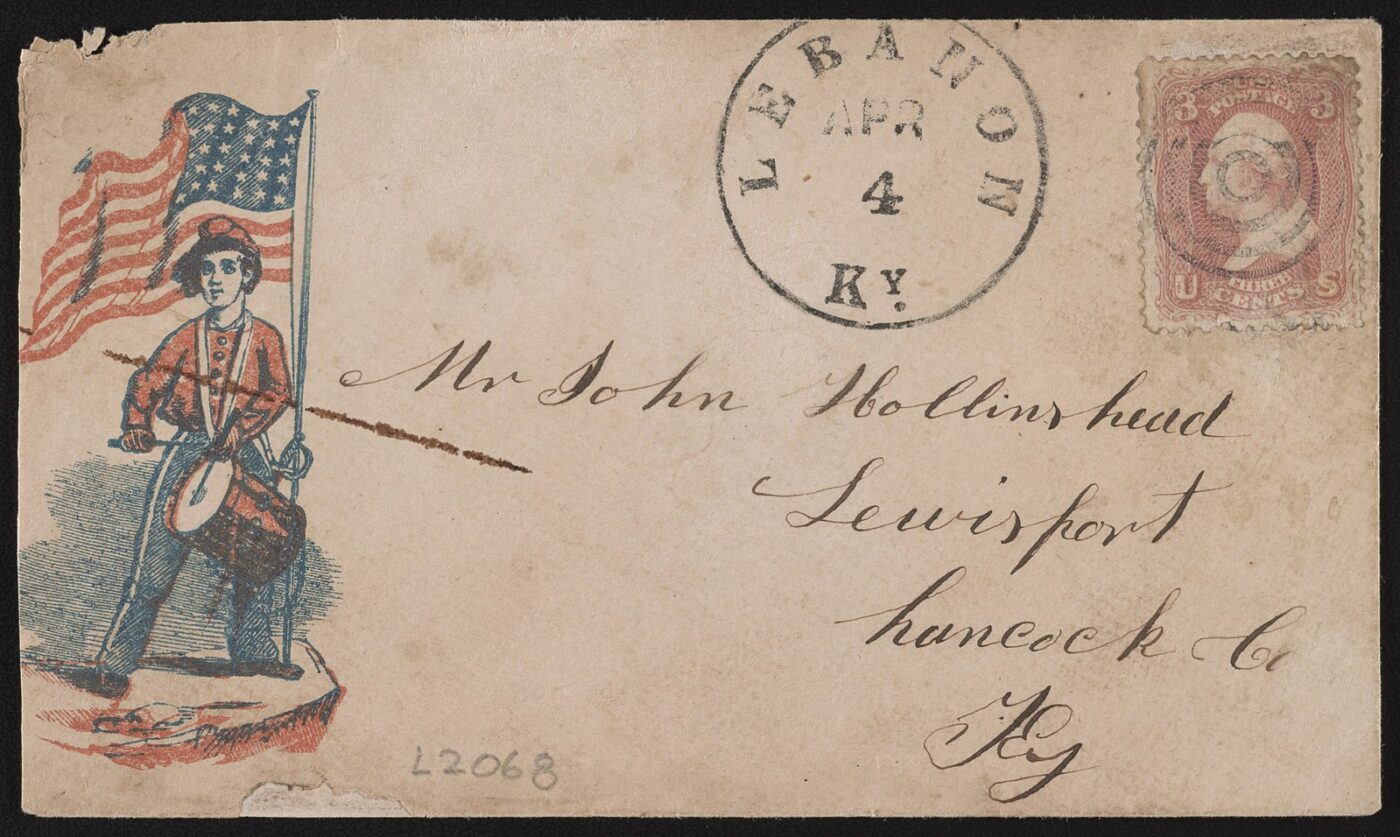George Washington
In Summary
“It will be worthy of a free, enlightened, and at no distant period, a great nation, to give to mankind the magnanimous and too novel example of a people always guided by an exalted justice and benevolence.”
George Washington
Farewell Address
A strong military leader and the nation’s first president, George Washington played a central role in the founding of the United States. He was highly regarded by his contemporaries and often rose above partisan conflict. Learn more about his thoughts on government and political principles below and on the George Washington Discovery Page.
JMC Resources

Letters to Religious Groups
As President, George Washington demonstrated his commitment to the principles of religious liberty and freedom of conscience. He wrote a series of letters to religious congregations throughout the country in which he reiterates his belief that every man “ought to be protected in worshipping the Deity according to the dictates of his own conscience.”
Letter to the Bishops of the Methodist Episcopal Church, 1789
Letter to the United Baptist Churches of Virginia, 1789
Letter to the Society of Quakers, 1789
Letter to the Presbyterian Ministers of Massachusetts and New Hampshire, 1789
Letter to Roman Catholics in America, 1790
Letter to the Hebrew Congregation in Newport, Rhode Island, 1790
Letter to Members of the New Jerusalem Church of Baltimore, 1793

Farewell Address
After serving two terms as President, Washington chose not to seek reelection, setting a precedent that would stand for nearly 150 years. In his farewell address he warns of the dangers of partisanship and entanglements in foreign nations and emphasizes the importance of religion and morality among citizens.

Other Writing
In October of 1789, President Washington declared the first national holiday of the United States to be a day for all citizens to give thanks for the “great degree of tranquility, union, and plenty” after the revolutionary war and the “peaceable and rational manner” in which the framers could “establish constitutions of government for our safety and happiness.”
Thanksgiving Day Proclamation, 1789
Washington’s will, finalized only a few months before his death, includes provisions for his wife and other family members, support for the education of American youth, and most importantly freedom and support for each slave he owned. More than just a distribution of his estate, Washington’s will reveals many of his hopes for the future of the nation.
Other Resources
What Made George Washington a Good Military Leader?
NEH EDSITEment!
Founders and the Constitution: George Washington
Bill of Rights Institute
George Washington and Self-Governance
Bill of Rights Institute